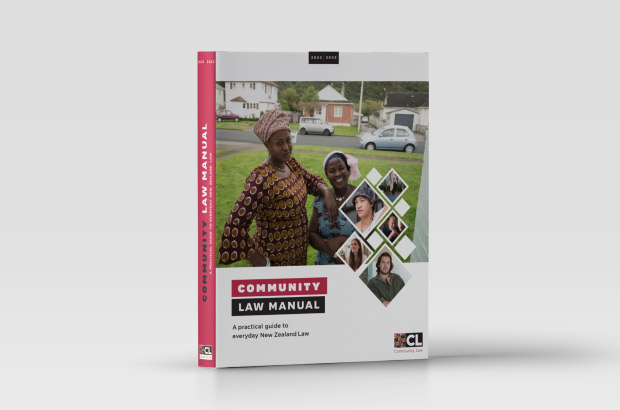Migrants and other vulnerable workers
Vulnerable workers: Extra protections in industries like cleaning and catering
Protections for cleaners, catering staff and others: Losing your job in a restructure
Employment Relations Act 2000, ss 69CA, 69I, Schedule 1A
Workers in specific industries where jobs are particularly vulnerable to restructuring have special protections against losing their jobs. These workers are considered to be at greater risk of losing their jobs due to their lack of bargaining power, and because they are working in sectors that are often sold, contracted or transferred out.
These rules give you the right to transfer over to the new employer on your existing terms and conditions of employment if you will no longer be required to do your work because of the restructure and the new employer will do that same work.
Who is classed as a vulnerable worker?
Employment Relations Act 2000, Schedule 1A
The protected groups of workers are:
- cleaning services and food catering in any place of work
- laundry services for education, health or age-related residential care
- orderly for health or age-related residential care sector
- caretaking services for the education sector
- security guards.
There is a process for other groups of workers to be added to the definition of “vulnerable workers” – where those workers are in a sector where restructuring happens often, have employment conditions that tend to be undermined by restructuring and have little bargaining power.
What types of restructuring are covered?
The following situations are covered:
- where an employer sells or transfers the business to another
- where an employer contracts another business to do the work that was previously being done in-house
- where the employer is a contractor and they lose the contract and it is given to another business
- where the business for whom the contractor is doing the work decides to do it in-house.
Examples of workplace restructures
- A school employs workers who do their cleaning. The school enters into an agreement with an independent contractor (a separate business) to do that cleaning work. The school cleaning employees can elect to transfer over to the new contractor.
- A hospital has an agreement with an independent contractor (a separate business) to provide food catering services at the hospital. Later that agreement comes to an end. The hospital enters into another agreement with a different contractor to provide those same catering services. Employees of the first business can elect to transfer over to that second business.
What information about the restructuring does my employer have to give me?
Employment Relations Act 2000, s 69G
The employer has to tell you 20 working days before the restructure takes effect. They have to give you all relevant information about the restructure as soon as possible, or at least 15 working days before it takes effect so you can make an informed decision about transferring to the new employer.
What happens when I transfer over to the new employer?
Employment Relations Act 2000, s69M
If you work in one of the listed industries, and the business you work for is restructured so that your job would be carried out by employees of another employer, you can choose to transfer over to the new employer on the same terms and conditions as for your old job. Where you agree to transfer over and you are a union member on a collective agreement, the new employer becomes a party to that collective agreement (only in relation to you). That means you continue with the same terms and conditions of employment.
What about my leave entitlements?
Employment Relations Act 2000, s69J
When you transfer over to the new employer, your service is considered to be continuous. That means that your annual leave and sick leave are carried over, and your parental leave entitlements are preserved.
Do I have to transfer to the new employer?
Employment Relations Act 2000, s69I
No, you can choose whether to transfer or not. You need to tell your current employer as soon as possible or at least within 10 working days from the time they get the information. The old employer must send the election notices to the new employer as soon as possible, at least five working days from the time it receives the information from the employee.
You can also negotiate alternatives to transfer like redeployment into a different role. This must be in writing.
Can the new employer make me redundant? Will I get compensation?
Yes, the new employer can still make vulnerable workers redundant. But they must follow a fair process and consult with you before coming to that decision.
You may receive compensation if:
- it was specified in your previous employment agreement, or
- you negotiate it with your new employer, or
- it’s decided by the Employment Relations Authority (see the next point).
When can the Employment Relations Authority decide on redundancy compensation?
Employment Relations Act 2000, s69O
Where bargaining between the parties has not resolved the matter, either the workers or the employer can ask the Employment Relations Authority to set redundancy compensation.
It must take into account:
- any entitlements in the employment agreement
- length of service
- how much notice of redundancy was given
- employer’s ability to provide redundancy entitlement
- likelihood of employee being able to get another job
- any other relevant matters.


